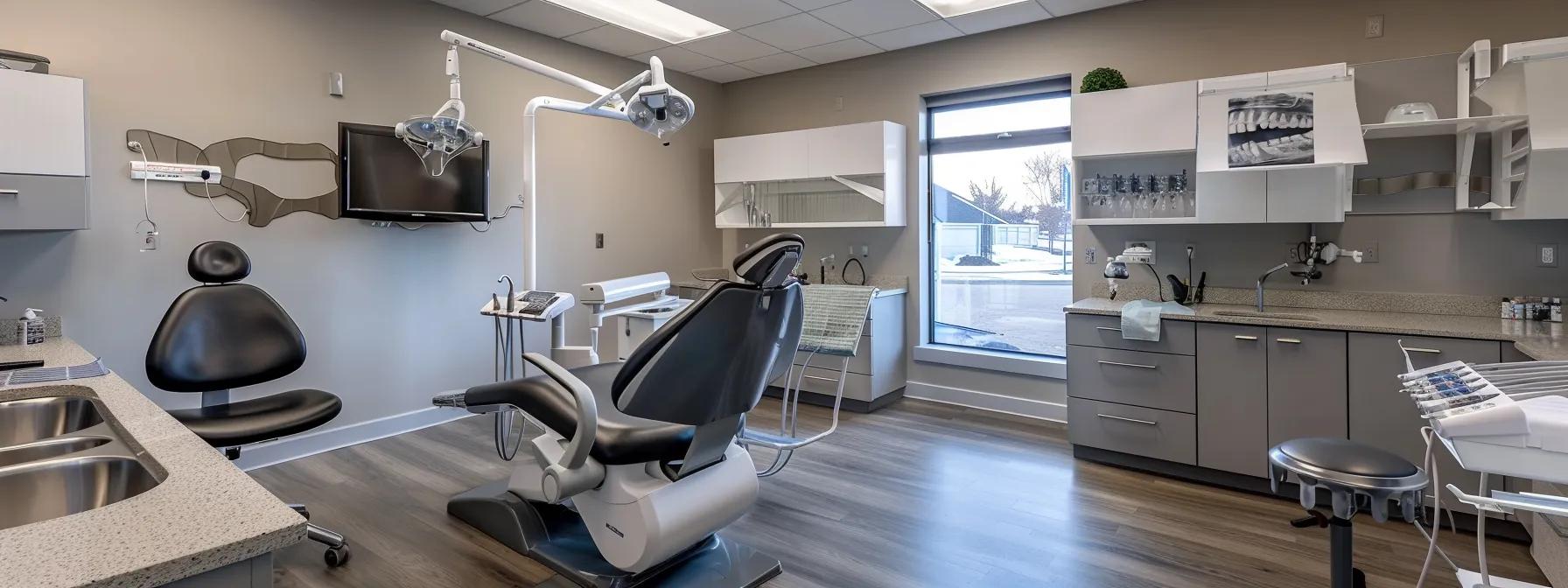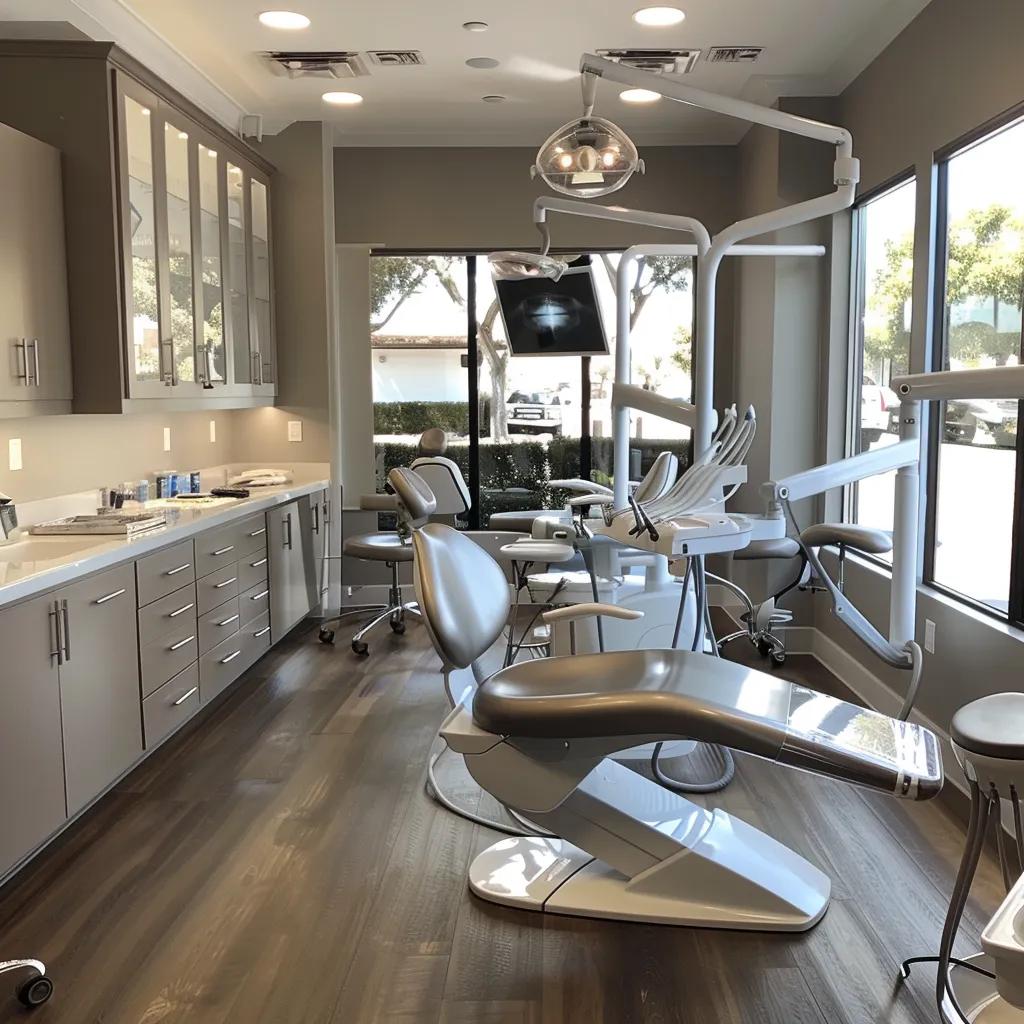Introduction
Choosing the right dental implant material isn’t just about aesthetics—it’s about longevity, health, and long-term comfort. At Dynamic Family Dentistry, we believe that selecting the proper implant material is one of the most important decisions a patient can make. The material used in an implant determines how well it integrates with your body, how natural it looks, and how it holds up over time.
Durability is often the first consideration. For many, titanium remains the gold standard due to its strength and ability to fuse with bone. This structural reliability allows the implant to withstand the demands of daily chewing and biting for years—even decades—without fail.
Equally important is biocompatibility. For patients who have metal sensitivities or autoimmune conditions, zirconia offers a metal-free alternative that is hypoallergenic and naturally tooth-colored. Whether the priority is aesthetic harmony, long-term function, or accommodating health needs, understanding your material options is key to successful implant treatment.
Titanium vs. Zirconia: A Closer Look
Titanium has been used in dental implants for decades and has built a reputation for outstanding clinical success. Its ability to integrate with bone (a process called osseointegration) makes it a trusted choice for reliable, long-term support. Patients who receive titanium implants often benefit from excellent stability and minimal risk of rejection or failure.
On the other hand, zirconia has gained popularity for patients who want a metal-free solution. Zirconia implants are made from a high-strength ceramic material and offer a natural white color, making them ideal for patients concerned with aesthetics. They also have low plaque affinity and strong resistance to corrosion, contributing to their growing appeal in the dental world.
While both materials have their advantages, the best option comes down to individual needs. Some patients prioritize durability above all else, making titanium the go-to material. Others are focused on aesthetics or have concerns about metal allergies—leading them to choose zirconia. At Dynamic Family Dentistry, we guide each patient through this decision based on a combination of clinical data, personal preferences, and long-term goals.
Advancements in Implant Material Technology
The field of dental implantology continues to evolve, offering newer materials beyond traditional titanium and zirconia. Advanced ceramics and dental-grade polymers are emerging as additional options for patients with unique needs or anatomical challenges. These materials bring added flexibility and biocompatibility, pushing the boundaries of what implants can achieve.
Ceramic materials, particularly high-grade zirconia, are increasingly refined for better strength and esthetics. Their texture and translucency closely mimic natural enamel, making them ideal for front-tooth implants where appearance matters most. Additionally, their hypoallergenic nature makes them safe for patients with heightened sensitivity or autoimmune conditions.
Polymers, while still relatively new in the implant space, are being explored for their shock-absorbing properties and ability to conform to unique anatomical structures. Their flexibility makes them a potential solution for patients who require custom implants or who may not be candidates for traditional materials. While these newer materials are promising, more clinical data is needed to assess their long-term performance and value.
Long-Term Health and Aesthetic Considerations
Implant materials do more than restore your bite—they play a long-term role in your overall health. For instance, materials that encourage bone growth can prevent jaw deterioration, preserving your facial structure and supporting long-term oral stability. Implants that maintain proper gum health and resist plaque buildup also reduce the risk of peri-implantitis, a leading cause of implant failure.
For patients concerned with allergies or sensitivities, choosing a hypoallergenic material like zirconia can minimize the risk of inflammation or immune response. This can be especially important for patients with autoimmune disorders or systemic conditions that impact healing or inflammation.
Aesthetically, material choice influences the final look of your smile. Titanium implants, while strong, can sometimes show through the gum tissue in patients with thin gums, creating a slight grayish hue. Zirconia, with its natural white color, avoids this issue and is often preferred for visible areas of the mouth. Balancing appearance with performance is central to our material selection process.
Who Makes a Good Candidate for Each Material?
Not all patients will benefit equally from the same implant material. Your overall health, oral anatomy, and personal priorities all influence the best choice for your treatment. Titanium implants are often preferred for patients with strong jawbone density who want the most proven, long-lasting solution. Their versatility and long-term data make them a staple in many implant treatments.
Zirconia is better suited for patients seeking a holistic or metal-free alternative. It’s also an excellent option for those with thin or translucent gum tissue, as it avoids any risk of visible metal exposure. Additionally, patients with concerns about allergies or systemic inflammation may feel more comfortable with a ceramic-based implant.
At Dynamic Family Dentistry, we evaluate each patient individually. Through imaging, medical history, and aesthetic discussions, we help you determine which material will offer the safest, most attractive, and most durable result. Personalization is the cornerstone of successful implant treatment.
Financial Factors and Insurance Considerations
The material you choose for your implant can influence the overall cost of your treatment. Titanium implants are typically more cost-effective and widely covered by insurance, making them the more accessible option for many patients. Their longer track record also means fewer unknowns, which can add peace of mind.
Zirconia implants often come at a higher price point due to their manufacturing process and aesthetic benefits. They may not be covered by all insurance plans, which is why it’s essential to verify benefits in advance. Additionally, some advanced ceramic or polymer-based systems may fall outside the scope of standard coverage due to their newer status in clinical use.
At Dynamic Family Dentistry, we’re committed to helping our patients navigate these financial decisions. We provide transparent cost breakdowns and flexible payment options to ensure that budget doesn’t stand in the way of excellent care. We believe every patient deserves access to the materials and treatments that best serve their needs.

The Importance of Maintenance and Prevention
Once your dental implant is placed, the material you choose will influence not just its performance—but also its maintenance. While implants don’t decay like natural teeth, the surrounding gum and bone tissue can still be affected by poor hygiene or improper care. That’s why ongoing maintenance is critical, no matter the material.
Titanium and zirconia both offer excellent biocompatibility, but they require slightly different approaches in care. Titanium implants, for instance, are more resistant to physical stress but may attract more plaque at the gum line. Zirconia implants resist plaque better, but they can be more brittle under certain pressures. We provide guidance tailored to your specific implant type, including brushing techniques, flossing tools, and recommended products.
Regular dental visits are a must. We use specialized instruments that are gentle on implant materials while effectively removing buildup. During these visits, we also monitor the integrity of the implant and the health of surrounding tissues, ensuring your investment continues to serve you well into the future.
Choosing the Right Provider for Implant Material Selection
Selecting the right dental implant is important—but selecting the right provider is just as critical. At Dynamic Family Dentistry, we take a comprehensive, patient-first approach to every implant case. From your first consultation to your final crown placement, you’ll receive care that is tailored to your health needs, aesthetic goals, and lifestyle.
Our use of advanced imaging and digital planning tools ensures that your implant is placed with precision and that the chosen material is right for you. We educate you on all of your options, so you never feel rushed or unsure. Our team is here to listen, guide, and deliver the highest standard of care.
Ultimately, our goal is to restore your confidence, your comfort, and your smile—with materials that are as strong and safe as they are beautiful. Whether you choose titanium, zirconia, or an emerging alternative, we’re here to ensure that every aspect of your implant journey is thoughtful, informed, and successful.
Dr. Scott Kennedy and the team at Dynamic Family Dentistry are here to help you achieve the bright, confident smile you’ve always wanted. Book a consultation today to learn more about dental emergencies in Clifton, TX, and take the first step toward a radiant smile!
Dynamic Family Dentistry
302 S. Avenue Q, Clifton, Texas Phone: (254) 675-3518
Related Articles
Dental Emergency, Understanding Emergency Root Canals, Emergency Extractions, Protection During Dental Emergencies, Lost a Filling or Crown Tips, What’s an Emergency Dentist
FAQs
What are dental implants made of?
Most dental implants are made from titanium or zirconia. Titanium is known for its strength and bone integration, while zirconia is a metal-free option that offers a natural appearance and reduced allergy risk.
Are implant materials safe for everyone?
Yes. Both titanium and zirconia are biocompatible, meaning they are safe for most people. During your consultation, we will review your health history to ensure there are no allergy or sensitivity concerns.
How long will my implant last?
With proper care, dental implants can last 20 years or more—and often a lifetime. Material selection plays a role in this longevity, but regular hygiene, checkups, and lifestyle choices are equally important.


